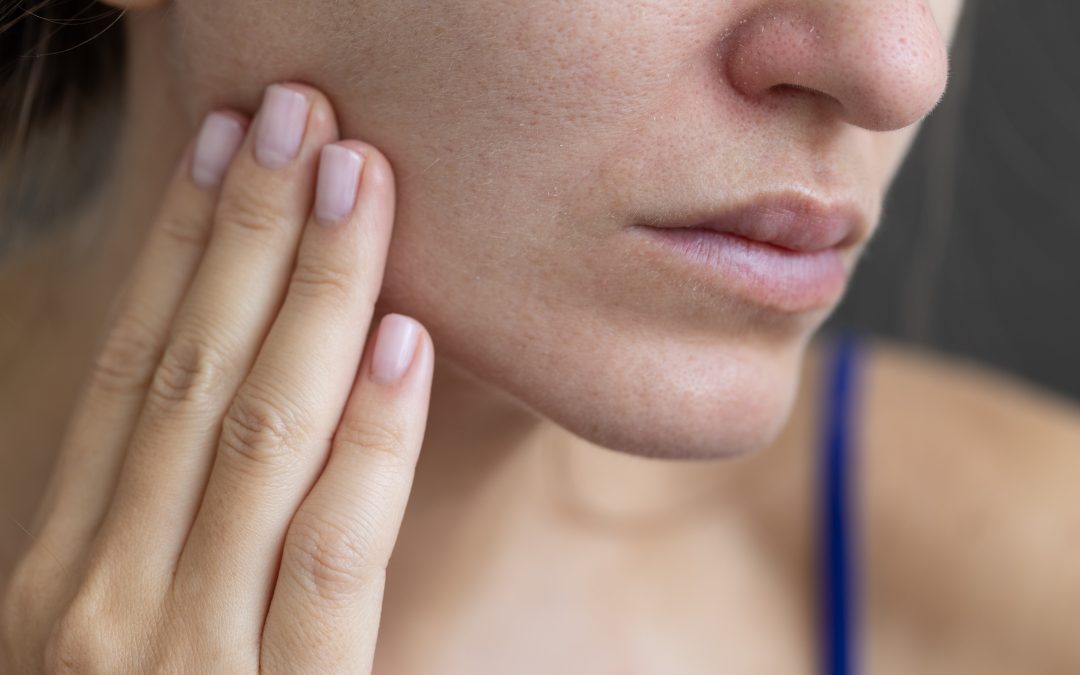
Why Does My Skin Get So Dry When It’s Cold Outside?
As winter settles across Charlotte, North Carolina, a chill in the air adds a touch of coziness to the season. It’s the perfect time to enjoy winter activities such as ice skating at the US National Whitewater Center, discover a winter wonderland at Daniel Stowe Botanical Gardens, or warm up with a cozy meal at Camp North End. However, the winter air also brings an unpleasant dryness that can leave your skin suffering. As you embark on winter adventures, arm yourself with the tools to keep your skin happy and healthy. If you have questions or concerns about dry skin, contact AFC Urgent Care Monroe Rd today for help.
Are you grappling with flaky elbows or rough knees? As winter descends, the discomfort of itchy, dry skin becomes a common woe. Navigating the causes and solutions is crucial for maintaining skin health during the colder months.
Why Winter Brings Dry Skin
As winter unfolds, both indoor and outdoor air becomes drier, accelerating moisture evaporation from the skin. Cold temperatures further exacerbate the issue by constricting blood vessels, limiting the flow of natural oils and nutrients to the skin. Together, these factors contribute to the widespread occurrence of dry skin during winter.
Identifying Vulnerable Areas for Dry Skin
Dry skin varies, but certain areas are prone to drying out, especially in colder weather:
- Elbows: Thicker skin with fewer oil glands makes elbows susceptible to moisture loss.
- Hands: Frequent exposure to cold air, harsh soaps, and handwashing strips natural oils, leading to dryness and cracking.
- Knees: Similar to elbows, thicker skin requires regular moisturization to prevent dryness.
- Face (especially around the mouth): Delicate facial skin, especially around the mouth, is sensitive to environmental changes.
- Feet: Closed shoes in winter can cause sweating, leading to dryness and potential cracking.
Preventing Winter Dryness
Use a Humidifier:
- Choose the right-sized humidifier for effective moisture distribution.
- Place it centrally and keep it clean to prevent bacterial growth.
- Maintain humidity levels between 30-50% for optimal skin health.
Avoid Hot Showers:
- Hot showers worsen winter dryness by stripping away natural oils.
- Hot water damages outer skin layers, reducing its ability to retain moisture.
Moisturize Regularly:
- Opt for fragrance-free, non-comedogenic moisturizers.
- Ointments and creams are more effective than lotions, especially for very dry skin.
- Moisturize immediately after bathing when the skin is receptive to moisture.
Protect Your Skin:
- Bundle up with gloves, scarves, and hats when venturing outside.
- Apply sunscreen with at least SPF 30 to exposed skin, even in winter.
Stay Hydrated with a Healthy Diet:
- Consume a diet rich in fruits, vegetables, and whole grains for essential vitamins and antioxidants.
- Drink at least eight glasses of water daily to prevent itchy, dry skin.
- Omega-3 fatty acids from fatty fish maintain skin elasticity and reduce inflammation.
Dry winter skin is a prevalent concern, but with proper care, it can be effectively managed. Embrace consistency in moisturizing, hydration, and protective measures to enjoy the winter season without the worry of flaky, dry skin. For urgent care on skin-related issues, trust us to keep your skin healthy and vibrant throughout the colder months.


